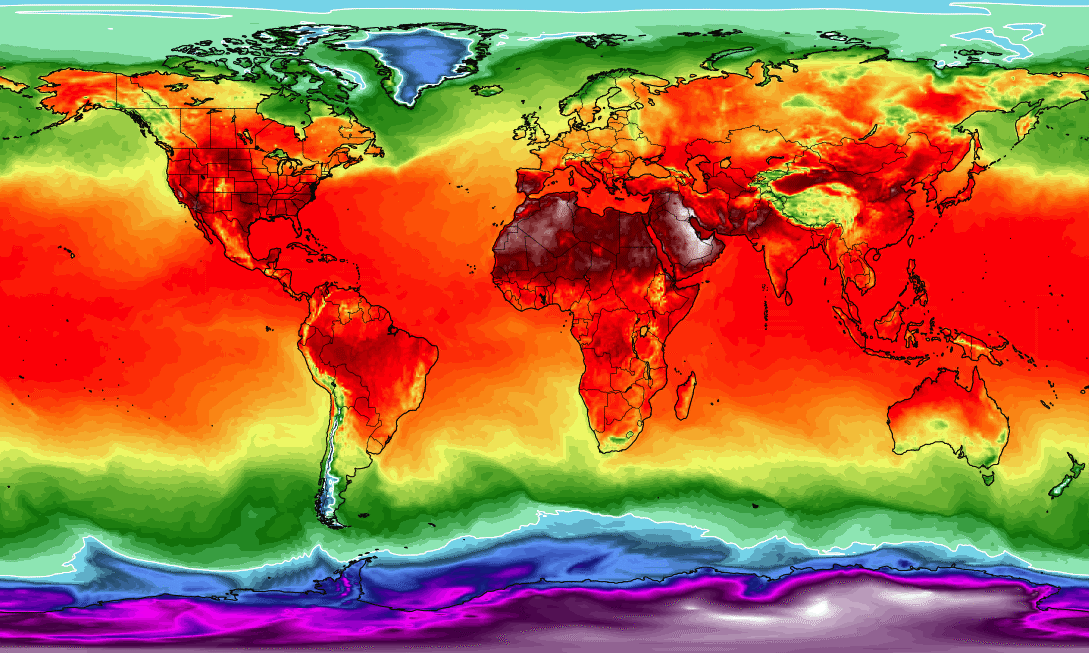What is going on with the weather? Reflections on gaps between data and experience

Moments when the experience of a blistering day turns public attention to the expertise of climate scientists brings Hannah Knox, associate professor of anthropology at University College London, to explore some of the thorniest of questions we face in the global, modelled, connected world in which we live: How does knowledge about phenomena we experience versus knowledge about complex, planetary-scale phenomena differ? How do certain kinds of evidence come to count? How can different kinds of truths about the world be made to speak to each other? And what does a changing world do to practices of evidencing?
Ethnographers are well used to the appearance of an “evidential gap” between data and experience in issues of public concern. From vaccines to pandemics, from the voting behaviour of the population to the viral effects of social media, digital data and modelling techniques are well known to separate phenomena out into general tendencies on the one hand, and everyday effects on the other. Typically these different ways of evidencing are kept separate: in global climate change, climate scientists speak for the climate. The media or politicians speak for the public and their concerns. Ethnographers also usually inhabit one side of this opposition, most commonly aligning themselves with local experience rather than with the production of universals. But could the advent of heat waves and other kinds of extreme weather create an opportunity for new kinds of traffic across this divide? Could the local manifestation of climate change actually have the power to alter the ways in which evidence about climate change is itself is made? Might it provide us with an alternative way of describing global processes and their local effects?
Hannah Knox is Associate Professor of Anthropology at University College London. Her books include Roads: An Ethnography of Infrastructure and Expertise and most recently Ethnography for a Data-Saturated World, which she co-edited with Dawn Nafus. Her current research explores the profound cultural, epistemological and anthropological challenges posed by global climate change.



